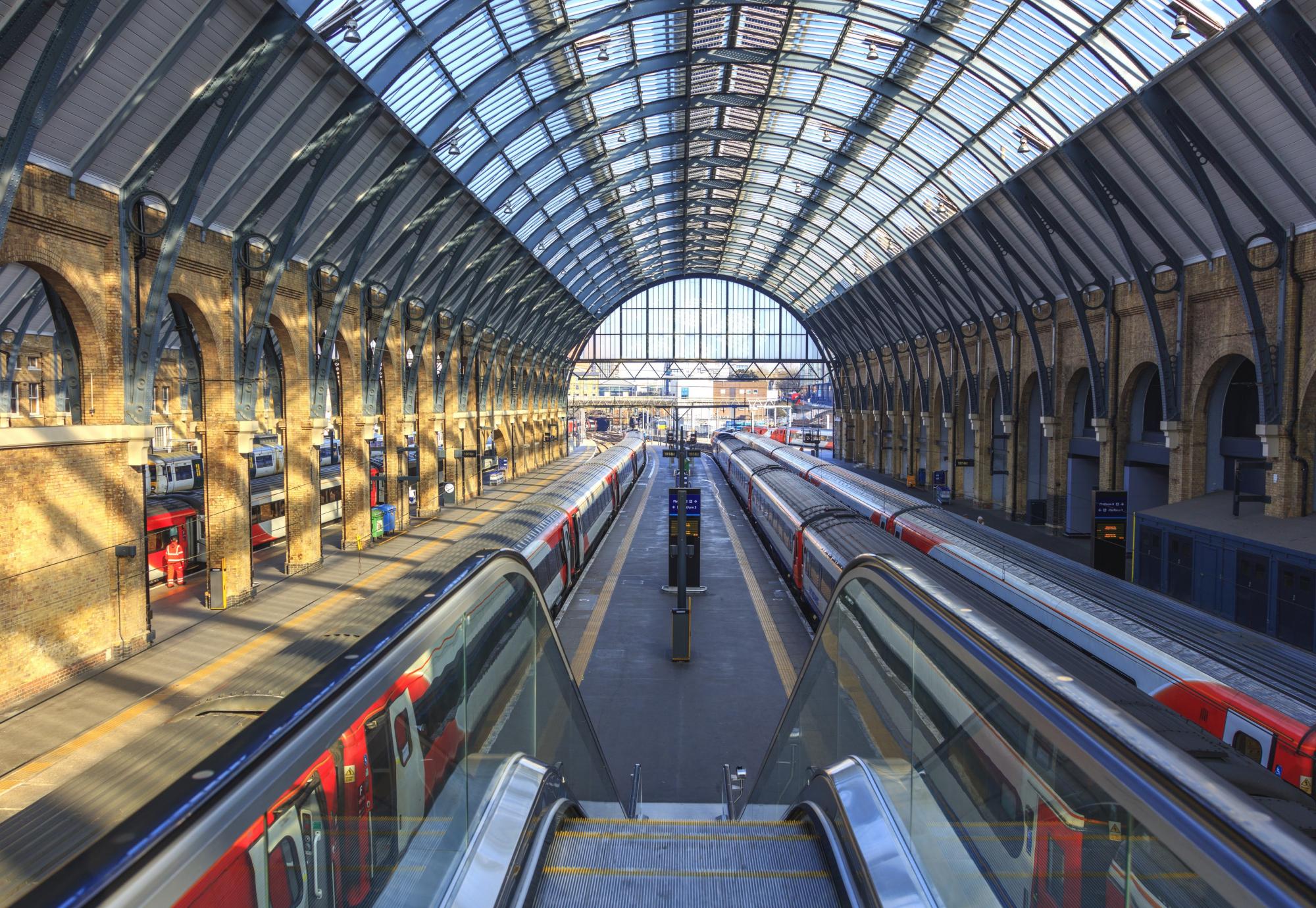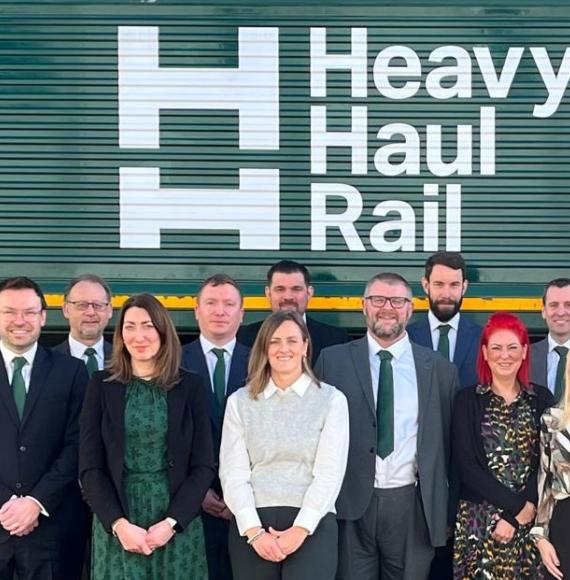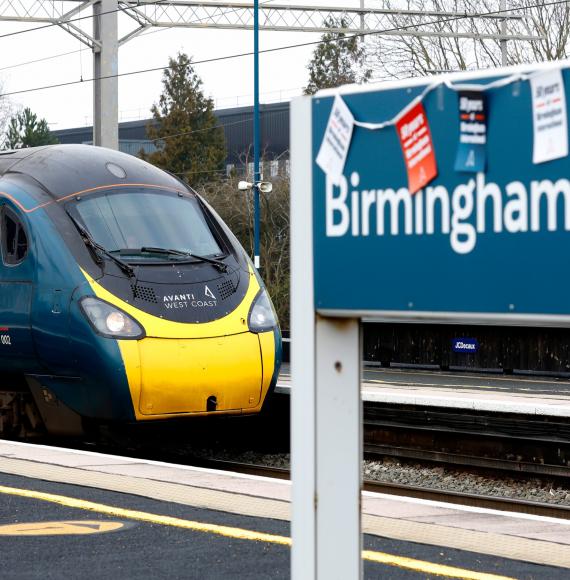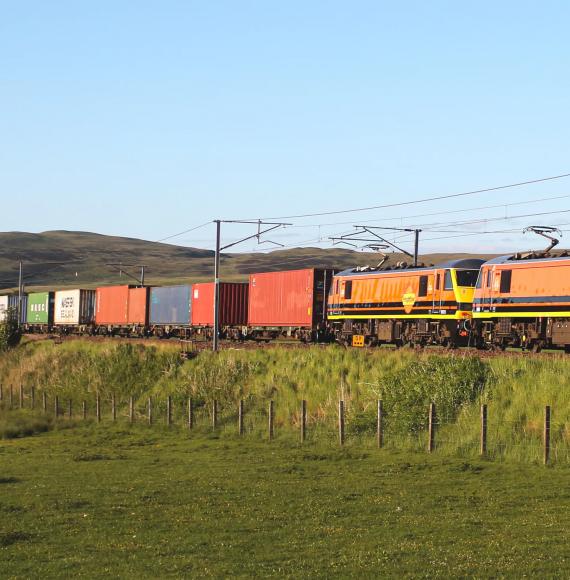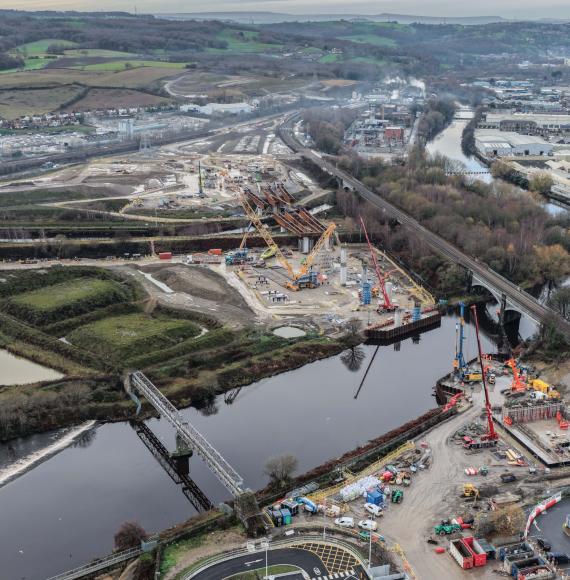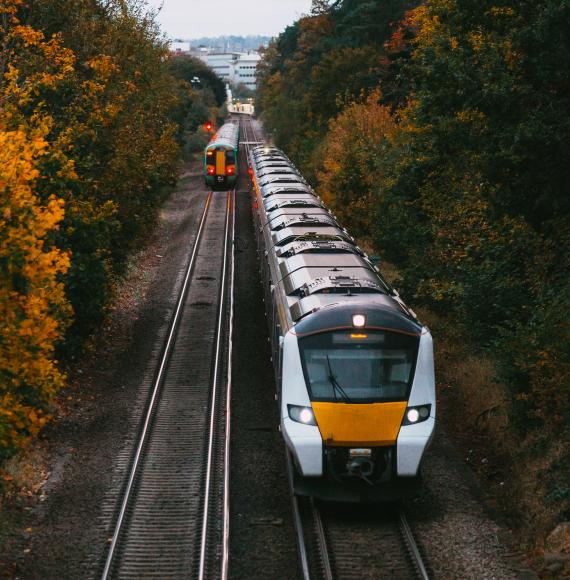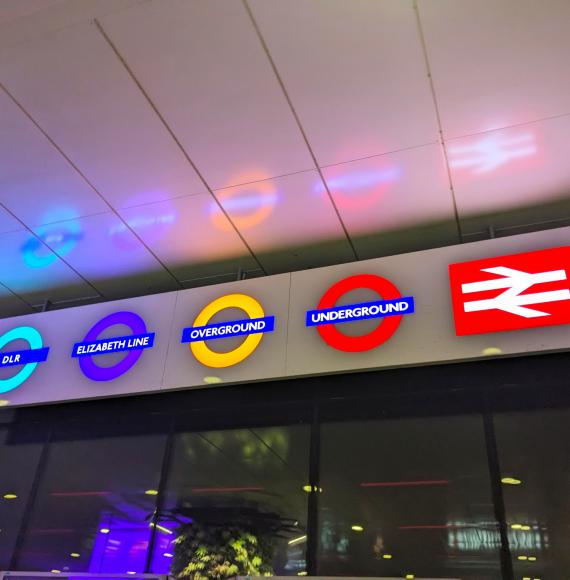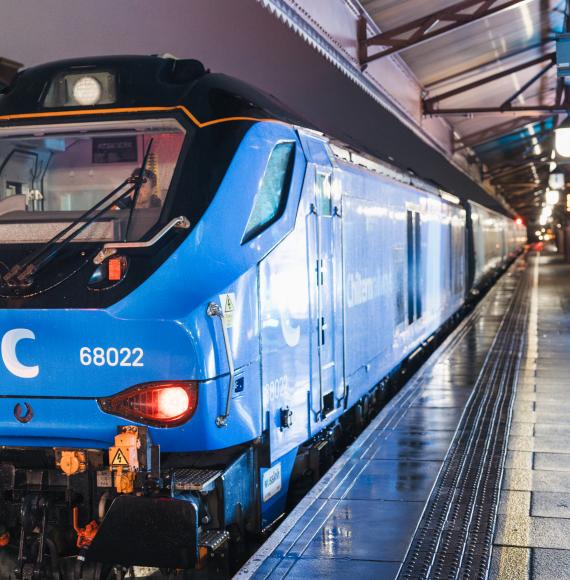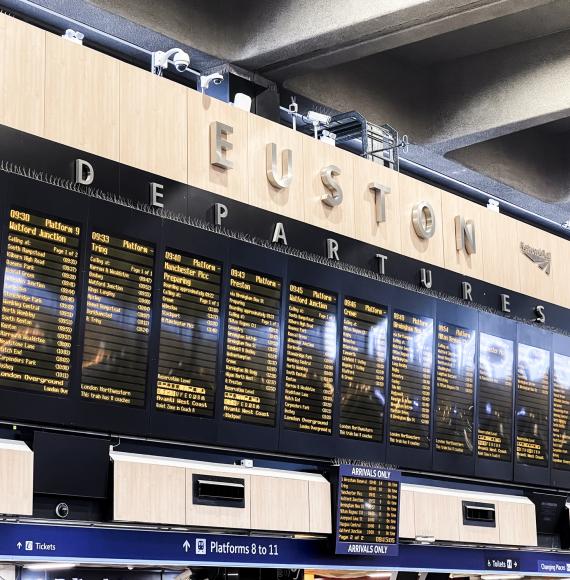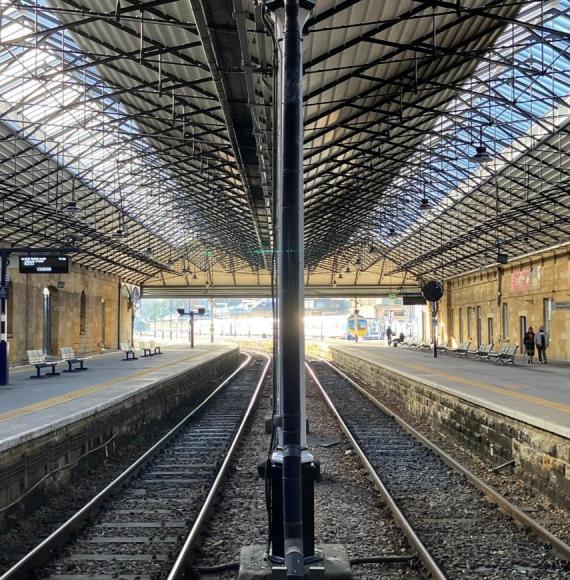A report by the Public Accounts Committee (PAC) has assessed the Department for Transport’s (DfT) progress in implementing the ambitious reforms outlined in its 2021 white paper.
The PAC is comprised of 16 MPs from five parties. Its report found that the DfT has been hitherto largely unsuccessful with the implementation of its proposed reforms.
For example, Great British Railways (GBR), the new organisation intended to act as the “guiding mind” for the whole rail system, was planned to be set up by March 2024.
Many of the proposed reforms are now on hold until the next Parliament.
The Committee also acknowledged that delays to legislation have been a contributing factor to a lack of progress, but that there are still fundamental disagreements over rail reform between the DfT and HM Treasury which need to be resolved.
One such disagreement concerns the extent of GBR’s roles and responsibilities, including the level of independence it will have.
The report found that poor performance persists across the network, despite claims by the DfT that improved passenger experience was at the heart of its plans. In 2022-23, 13.7% of trains were delayed and 3.8% were cancelled.
Meanwhile, taxpayers continue to subsidise passenger rail services at a level that the DfT considers unsustainable (£3.1 billion in 2022-23). The Committee encourages the Department to show a sense of urgency in implementing rail reforms that will make a demonstrable difference to passengers and taxpayers.
Such reforms may include engaging with workforce expected to implement reforms, increase the punctuality and reliability of services and improve accessibility.
The report sets out six recommendations for the DfT to get its plans back on track:
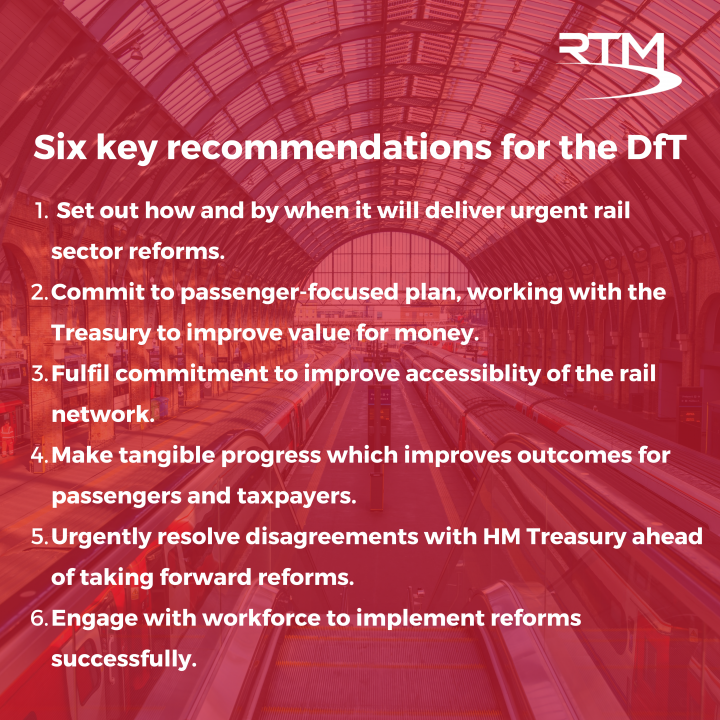
In total, the DfT set out 62 commitments which it aimed to deliver over a five-year period from 2022. Many are long-term targets with no clear timescale. However, in December 2023, the DfT rated its progress in delivering its 12 “high-level” commitments. It rated five as “red” and seven as “amber”.
The Department confirmed that its reform programme is not on hold, but acknowledged delays to the establishment of GBR, citing the need for legislation, which is yet to be passed. It also cited other challenges, including the pandemic, inflation, and ministerial changes.
The DfT pointed to ongoing work that does not require legislation, including the establishment of the Great British Rail Transition Team (GBRTT), and delivering benefits around flexible season tickets and simplification.
In order to maximise progress that can be made without legislation, the DfT explained the potential of an integrated business planning process, which would help to assess outcomes for the industry and for individual organisations.
The full report can be accessed here: Rail reform: The rail transformation programme (parliament.uk)
Image credit: iStock

